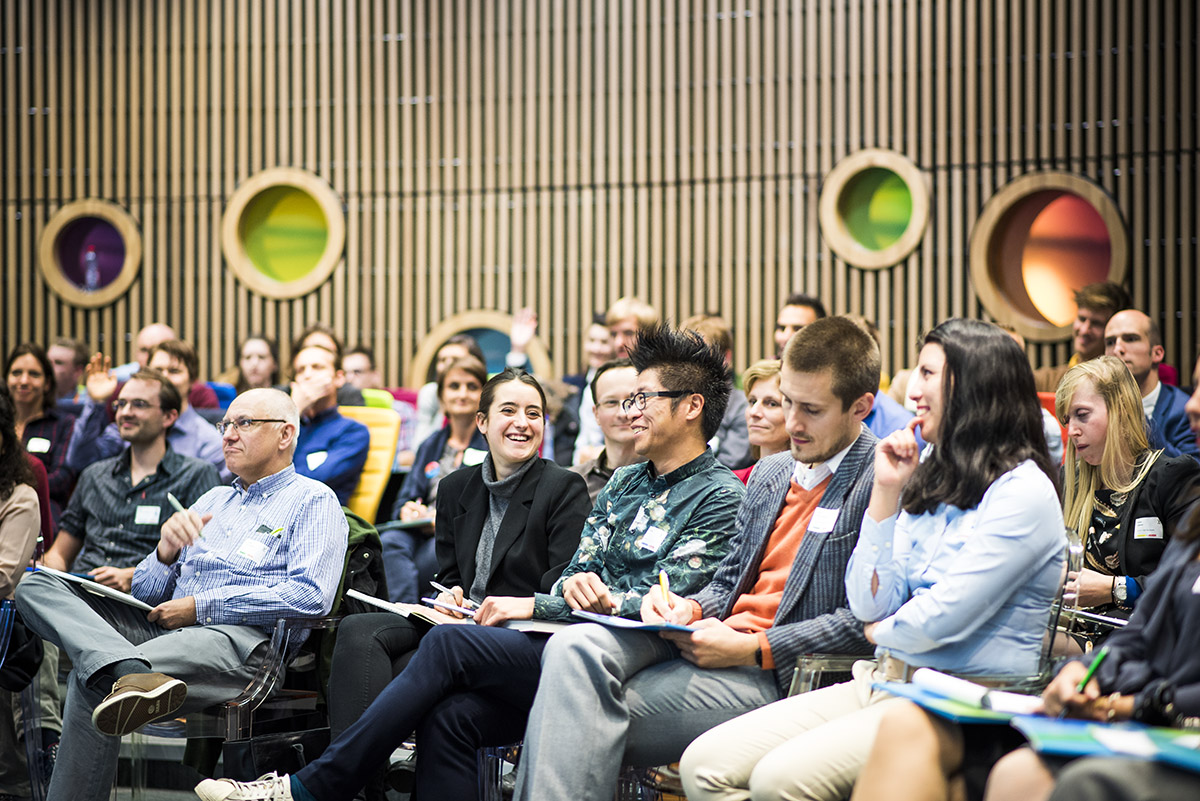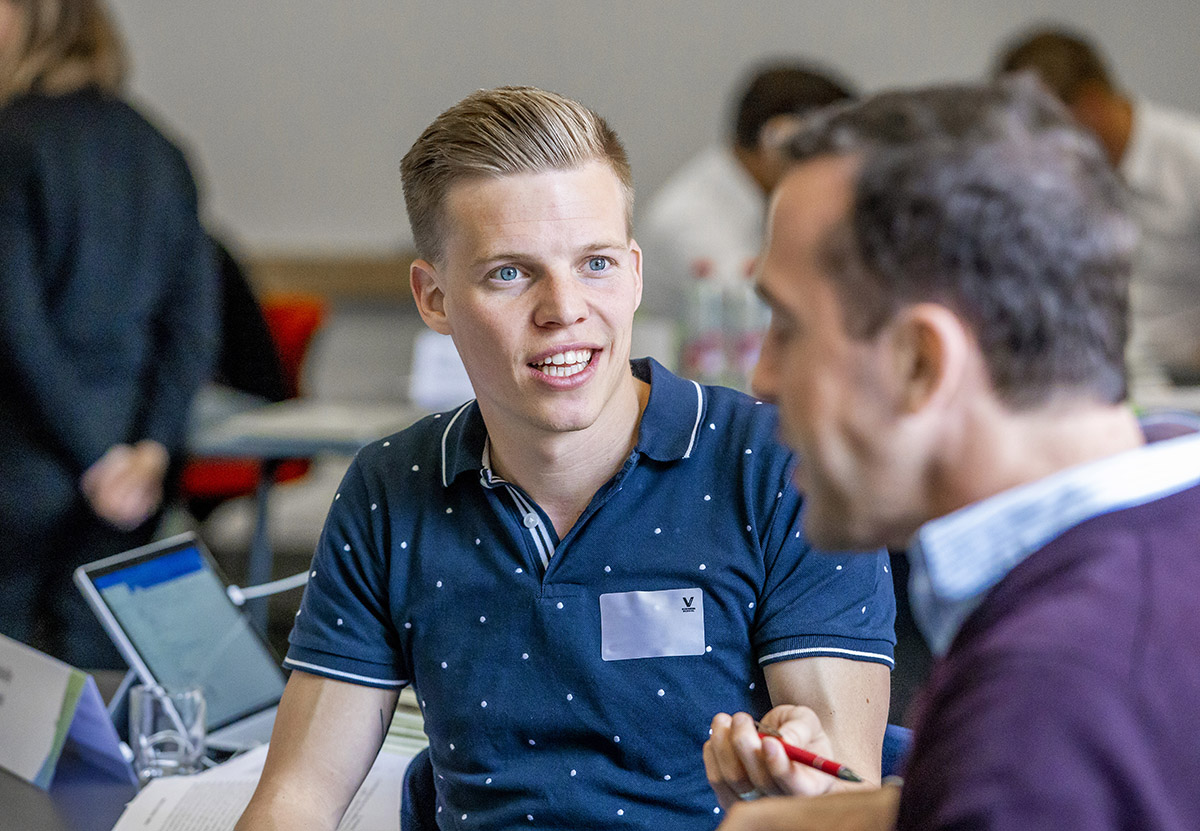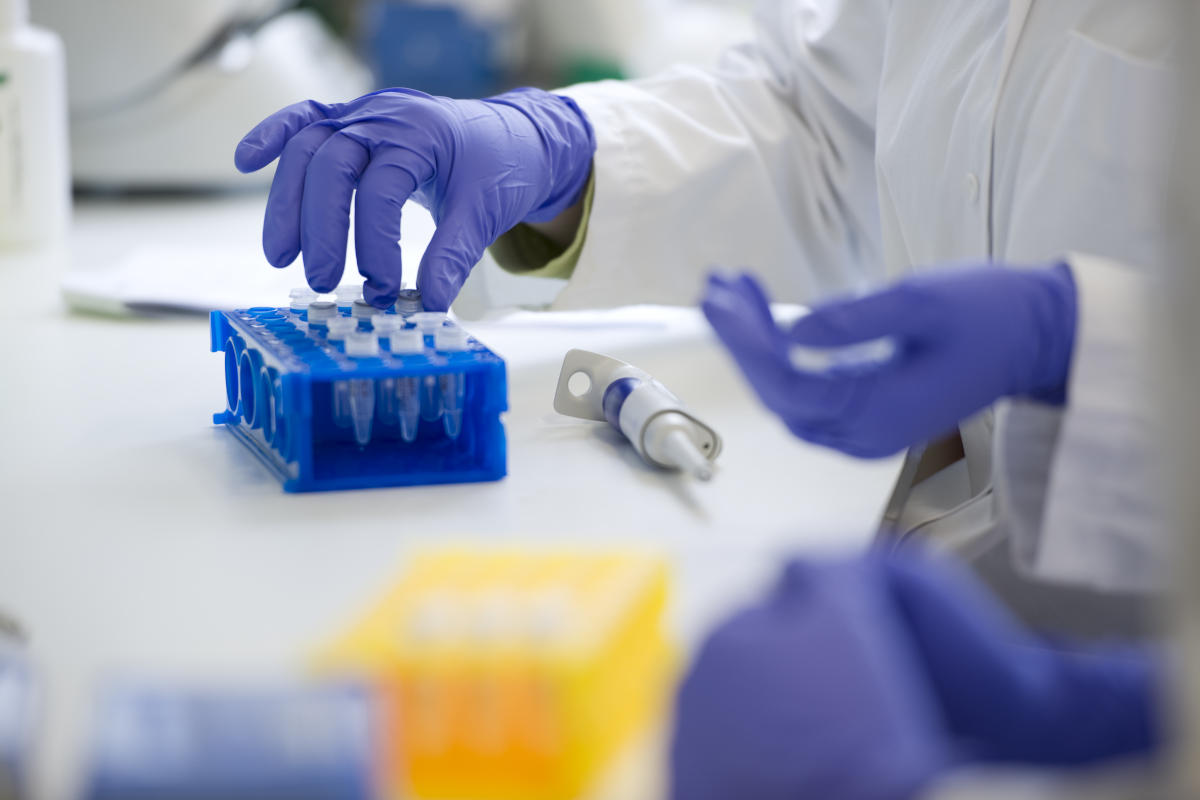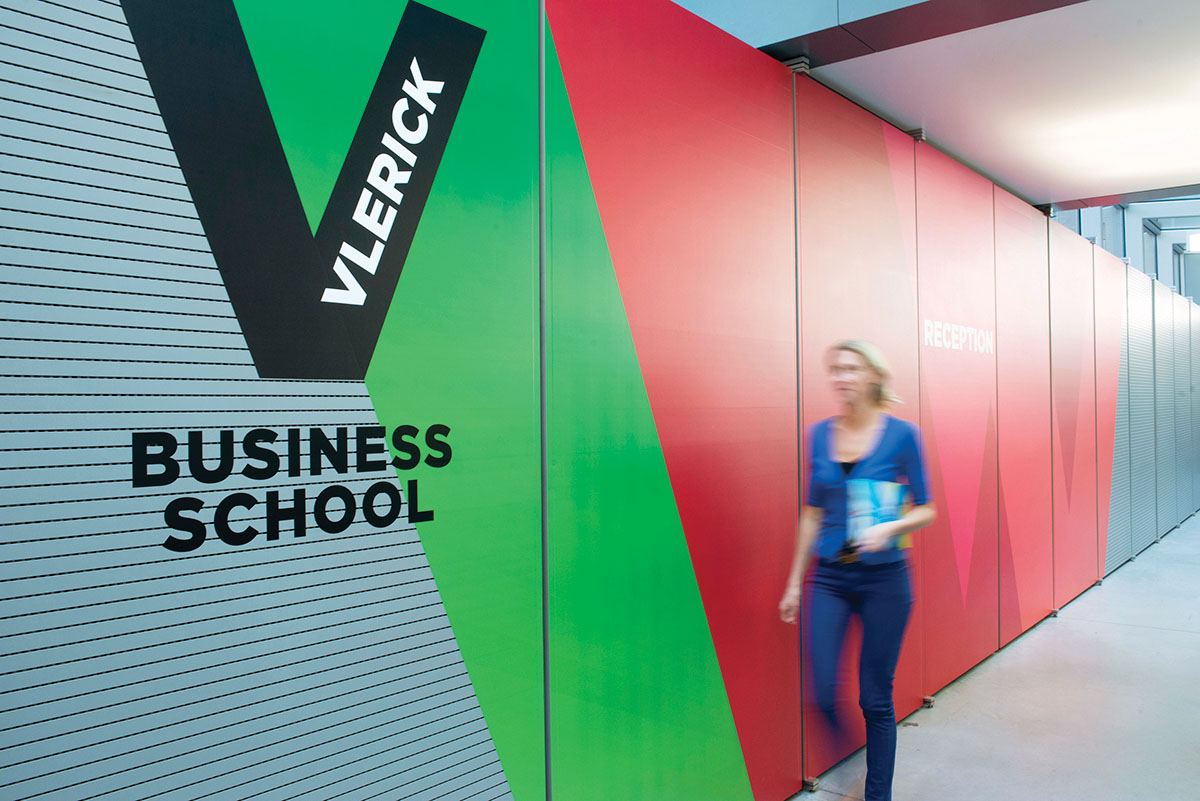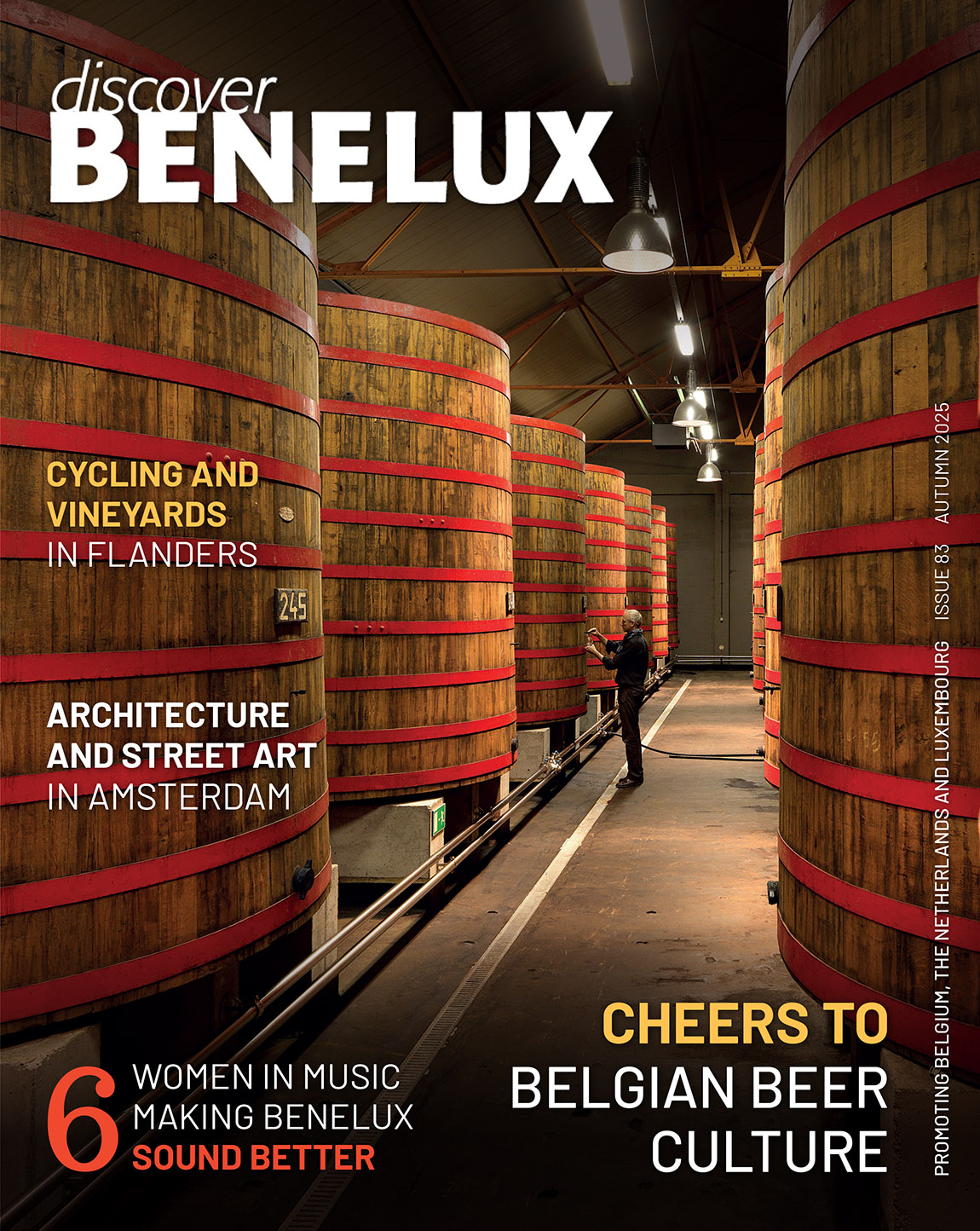Sustainability College Bruges: The practical academic way towards sustainability
Text: Arne Adriaenssens | Photos: Sustainability College Bruges

Essentially, a school is an oasis of fact-based knowledge. In that spirit, professor Kurt Deketelaere has founded Sustainability College Bruges: an academy in the broadest sense of the word where information about the feasibility of a durable lifestyle is gathered, used, and spread.
Sustainability College Bruges (SCB) was founded in light of the Sustainable Development Goals of 2015. These global resolutions should make our lifestyle more sustainable by the year 2030. “The Sustainability College Bruges looks into four themes within this pact,” says chairman Kurt Deketelaere. “These are energy, the environment, climate change and health and safety.” Unlike most think-tanks and academic organisations, SCB does not approach the subjects with a technological hat, but from a social sciences and humanities perspective. “Technology evolves fast and I am sure we will solve the biggest sustainability issues soon. The question, however, is how these measurements will affect society. We gather the likes of legal experts, economists and philosophers to answer just that.”
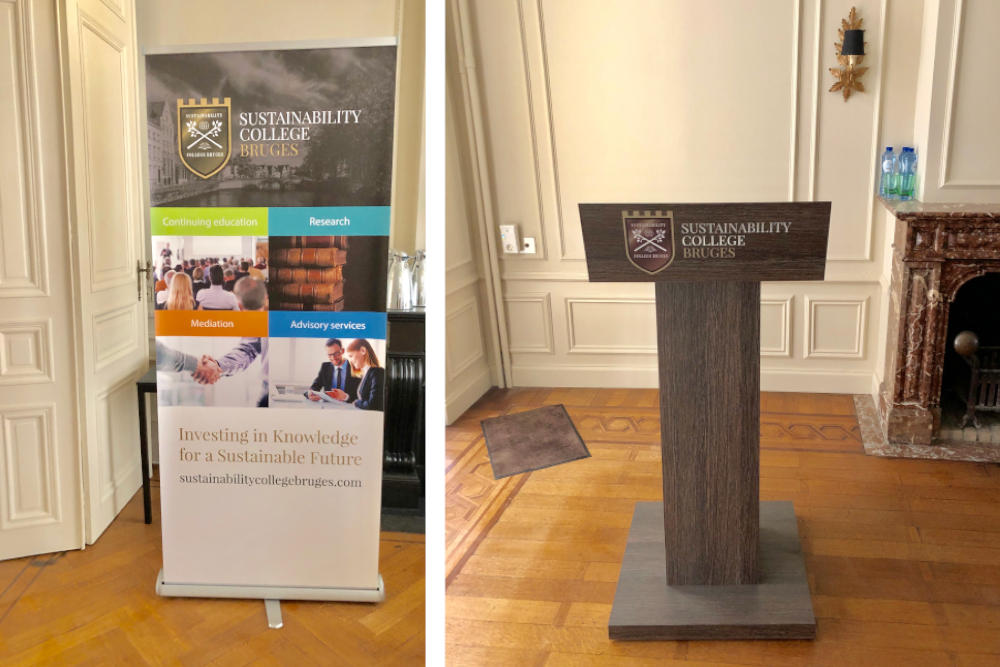
Alongside Deketelaere, 40 professors and experts from different fields work with Sustainability College Bruges. Together, they offer continuing education, research, mediation and advisory services. “In our education programme, we create customised training for companies, public institutions or students. We apply a ‘train-the-trainer’ approach and teach our material to the management of those companies and institutions, hoping they will implement it in their daily routines. Many of our projects have an intercontinental touch. Often, non-European companies and governments ask us to organise training on the subject of European legislation and policy on sustainability for them.”
Five years into the Sustainable Development Goals, Deketelaere believes in its chances of success. “This last decade, the awareness around sustainability has increased strongly. Most people now realise that it is time to act, and are willing to contribute to it. The world will not be perfect by 2030, but I do believe it will be a better place.”
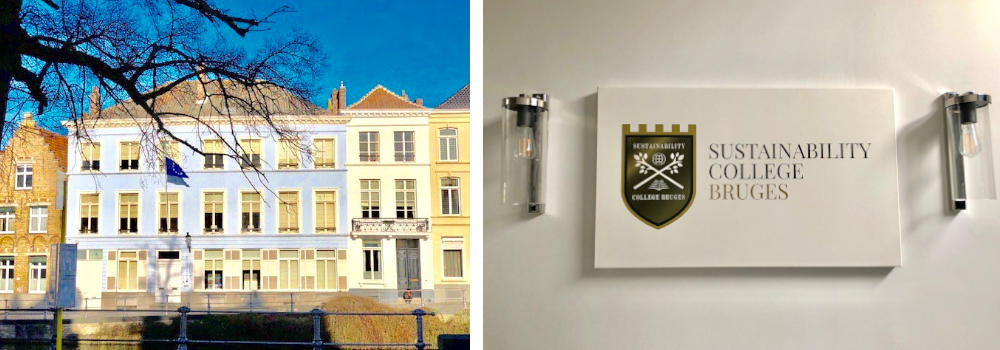
www.sustainabilitycollegebruges.com
Subscribe to Our Newsletter
Receive our monthly newsletter by email

